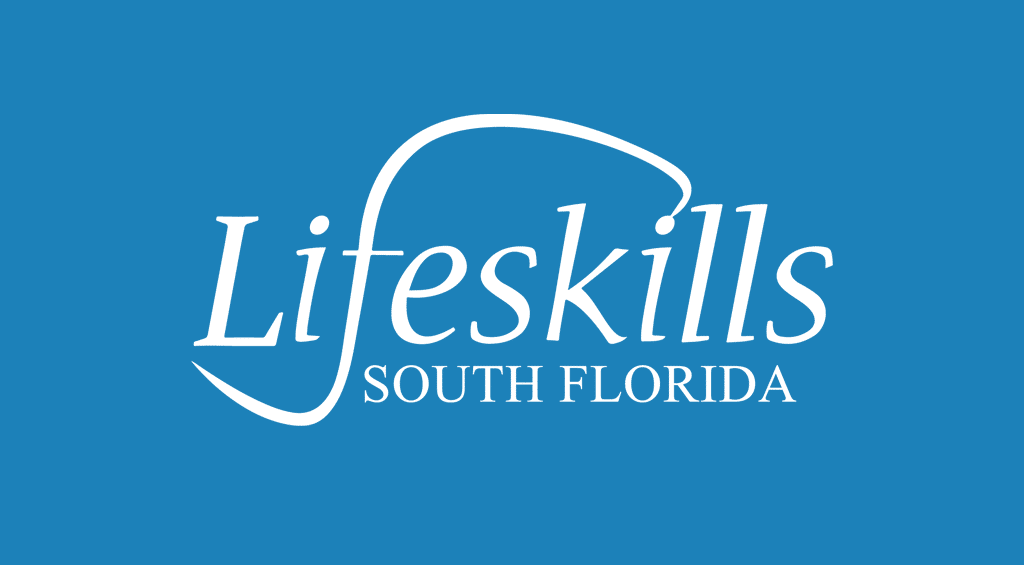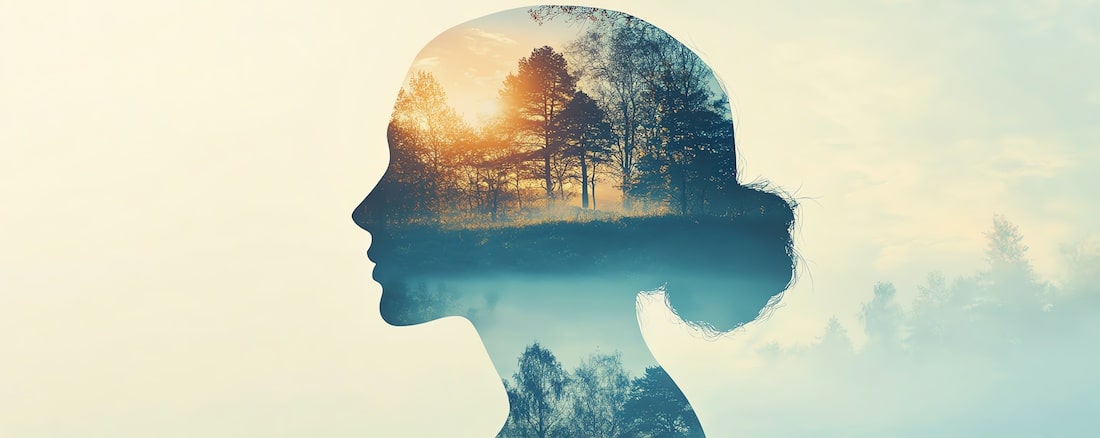
By: Dr. Michelle Quilter, PsyD, CASAC
Today more than ever, as the United States experiences record breaking-overdose statistics, the public is more exposed to the dangers of addiction. Slowly, the population finds it increasingly harder to ignore or deny the impact of opiates on the American people, with over 33,000 Americans dying from opioid use in 2015. Hidden beneath the veil of the terrible epidemic of opioid overdose deaths, looms the fact that many of these deaths are not accidental. They are suicides. Addiction recently published a study of five million veterans in which scientists reported of those diagnosed with opioid use disorder showed an increased risk of suicide in males and females. The risk of suicide death in women was double that for men; the rate was eight times higher than the national average. The researchers concluded that the suicide rate among those suffering from an opioid use disorder was 86.9/100,000, compared to the rate of 14/100,000 in the general U.S. population.
According to the National Institute on Drug Abuse, there was a 5.9-fold increase in the total number of deaths from 2002-2015 from heroin and non-methadone synthetics, the most notable of their overdose statistics as it reflects the most dramatic increase. What we are seeing is the devastation caused by the introduction of powerful synthetic opiates by the pharmaceutical industry. Medications intended to ease pain instead led to an increase in emotional, mental, spiritual, and even physical pain. As regulations were designed to limit and control the distribution of these drugs, we saw a dramatic rise in the use of heroin.
Those who had become dependent on the prescription opiates were no longer able to obtain them with the same ease. Discontinuation of opioid medication can lead to severe withdrawal symptoms including vomiting, diarrhea, restless legs, general restlessness, sweating, cramping abdominal pain, fast heart rate, excessive yawning, goosebumps, insomnia, and tremors. These withdrawal symptoms also included severe and debilitating anxiety, terror, depression, and suicidality. To avoid these horrific symptoms, many individuals seeking a solution found one in illicit opiates including heroin. Never thinking they would use heroin, but driven to this choice by the overwhelming pain of withdrawal.
No longer capable of ignoring this epidemic, we have begun finding solutions. At Lifeskills of South Florida, we have the solution. Our program offers comprehensive and specialized treatment for substance use disorders, mental health disorders, and dual diagnosis. Our team of clinicians focuses on helping clients in attaining abstinence from substances and then focusing on the negative emotions that lead to relapse. We introduce our clients to sobriety as a lifestyle through nightly recovery support groups, such as 12-step, Refuge Recovery, or SMART Recovery meetings. On average, it takes 3-6 months for serotonin and dopamine levels to stabilize in the brain, giving clients the capability to make proper decisions and understand the consequences of those decisions, making treatment a vital part of recovery.
Working in the field of addiction treatment for over 12 years, I have witnessed, firsthand, the impact of substance abuse on mental health. When clients want to stop using but cannot due to the withdrawal symptoms and the mental obsession characterizing addiction, they become hopeless. Some people become entangled in legal problems and feel chained to the consequences, while others want to stop hurting their friends and family, but they cannot stop using. These reasons are why so many addicts begin to see suicide as a practical choice. The disease of addiction tells us “once an addict, always an addict” but this is a lie. We find the truth through the recovery process.
At Lifeskills South Florida, we are here for those seeking help with an addiction. Entering treatment is the first step to recovery, and we focus on equipping clients with coping and self-care skills for reintegration back into life once out of treatment. Our program goes above and beyond to empower individuals during their recovery.
If you or a loved one are suffering from an addiction, Lifeskills South Florida can help. We are an accredited drug rehab near Ft. Lauderdale, Florida. To learn more about our outpatient and residential treatment programs, please contact us.




